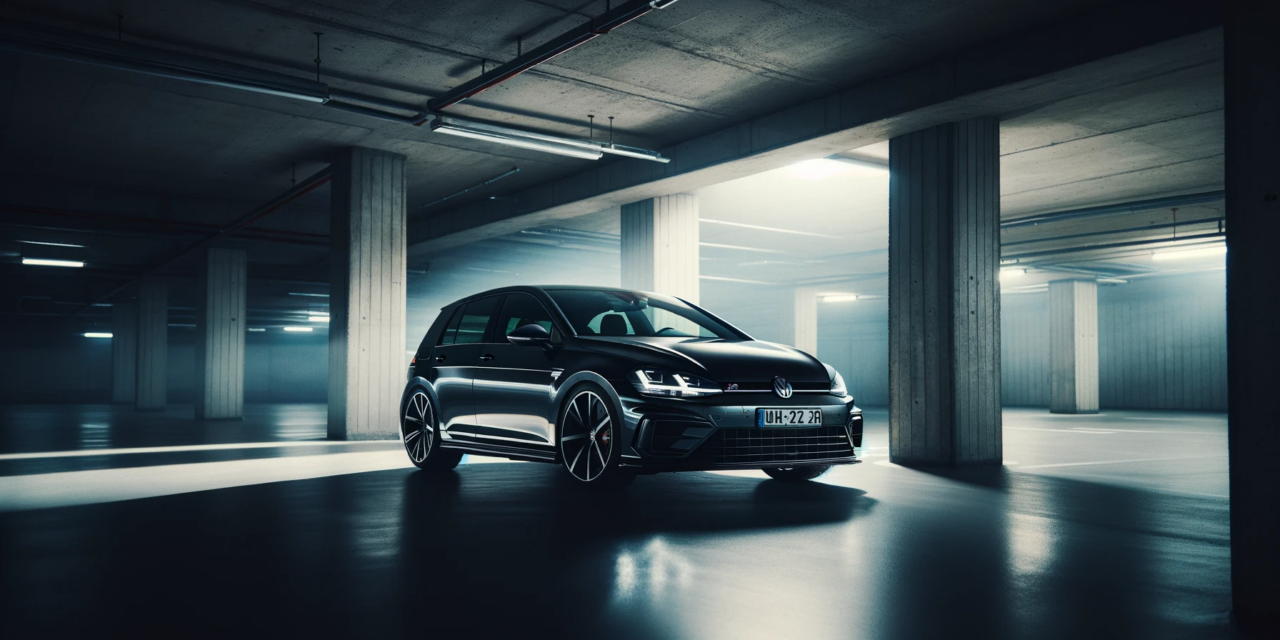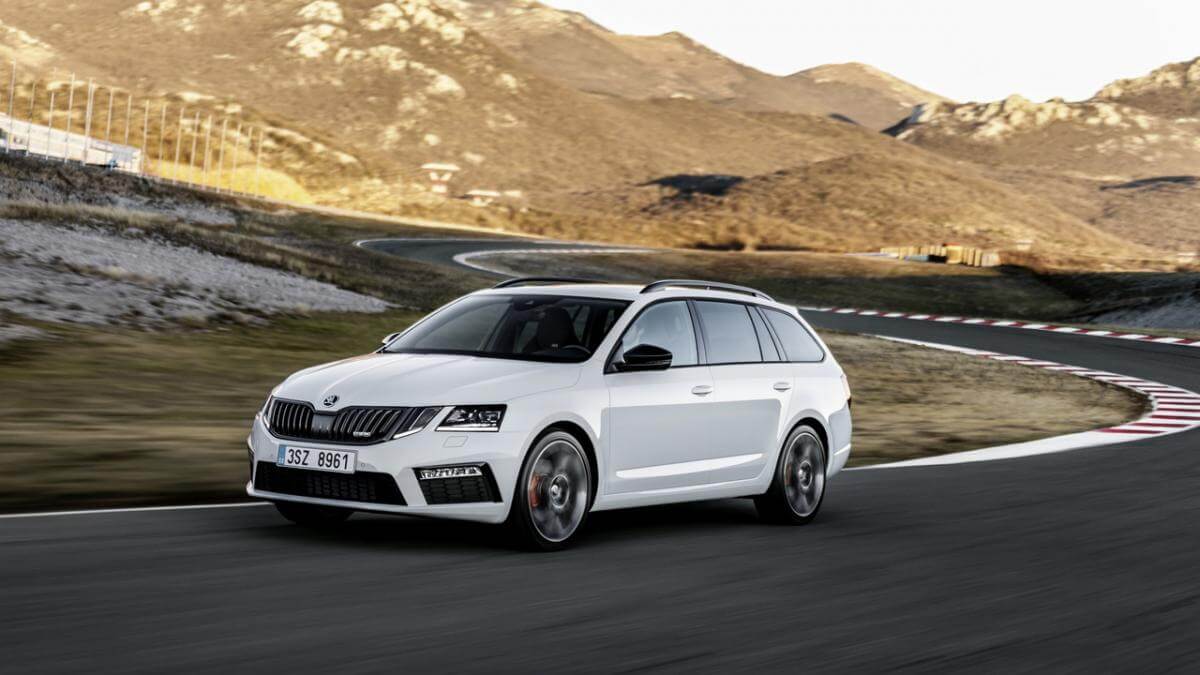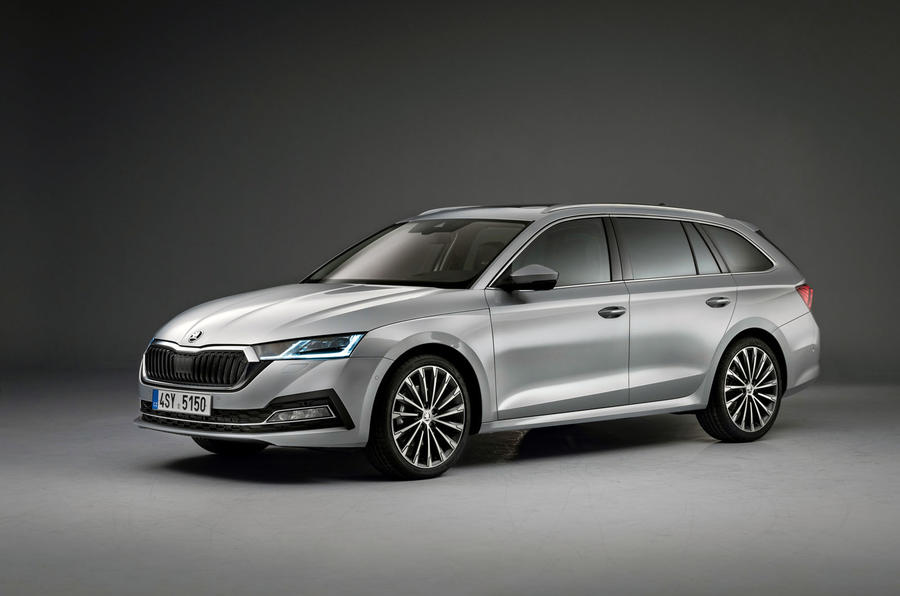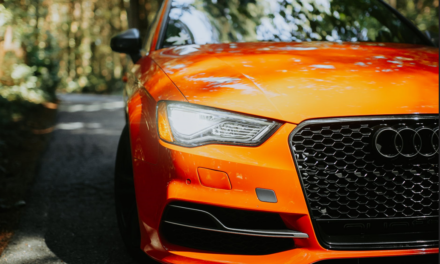The VW Golf R is a high-performance variant of the popular Golf hatchback. Known for its all-wheel-drive system, turbocharged engine, and sporty handling, it has gained a strong following. However, like any vehicle, it has its set of common problems that buyers should consider.
Before we jump into the details let’s look at the history of this iconic hatch.
History of the Golf R
The Volkswagen Golf R, a high-performance variant of the iconic Golf model, has evolved through several generations, known as “Mk” (Mark) versions, each with distinct features and improvements. The Mk6 Golf R, introduced around 2010, marked the model’s debut with a 2.0-liter turbocharged engine and all-wheel drive, setting the stage for its performance-oriented lineage. The Mk7 Golf R, launched in 2014, brought significant upgrades, including increased power output, a more refined interior, and advanced technology features. It also saw the introduction of a more sophisticated all-wheel-drive system and the option of a manual transmission, catering to driving enthusiasts. The latest iteration, the Mk8 Golf R, launched in 2020, represents a leap forward in terms of technology and performance. It boasts even more power, a state-of-the-art infotainment system, and cutting-edge driver assistance features. The exterior and interior designs have been refreshed to give a more modern and aggressive look. Each generation of the Golf R builds upon the success of its predecessors, offering improvements in power, handling, and technology, while maintaining the practicality and comfort that the Golf line is known for. These differences between the Mk versions are crucial for potential buyers to consider, as they significantly influence the driving experience, comfort, and overall appeal of the Golf R.
Performance Specs
The Volkswagen Golf R has evolved through several generations, each distinguished by its performance specs. Here’s a breakdown of the key performance specifications for each Mk (Mark) version:
Mk6 Golf R (2010-2013)
- Engine: 2.0-liter turbocharged TSI Inline-4
- Power: 256 horsepower (US version), 270 horsepower (European version)
- Torque: 243 lb-ft (US version), 258 lb-ft (European version)
- Acceleration (0-60 mph): Approximately 5.7 seconds
- Top Speed: Electronically limited to 155 mph
- Transmission: 6-speed manual or optional 6-speed DSG automatic
- Drivetrain: All-wheel drive (Haldex system)
Mk7 Golf R (2014-2020)
- Engine: 2.0-liter turbocharged TSI Inline-4
- Power: Initially 296 horsepower, later increased to 306 horsepower (facelift version)
- Torque: 280 lb-ft, increased to 295 lb-ft (facelift version)
- Acceleration (0-60 mph): Approximately 4.9 seconds (DSG), 5.3 seconds (manual)
- Top Speed: Electronically limited to 155 mph
- Transmission: 6-speed manual or optional 7-speed DSG automatic
- Drivetrain: All-wheel drive (Haldex system)
Mk8 Golf R (2020-Present)
- Engine: 2.0-liter turbocharged TSI Inline-4
- Power: 315 horsepower
- Torque: 310 lb-ft
- Acceleration (0-60 mph): Approximately 4.7 seconds
- Top Speed: Electronically limited to 155 mph (can be increased to 168 mph with optional R-Performance package in some markets)
- Transmission: 6-speed manual or optional 7-speed DSG automatic
- Drivetrain: All-wheel drive with a new torque vectoring system for improved handling
Each generation of the Golf R has seen improvements in power, torque, and overall performance. These enhancements have not only made the car faster but also more refined and enjoyable to drive. The Mk8 Golf R, with its advanced torque vectoring system and higher power output, represents the pinnacle of the model’s performance evolution to date.
Common Problems
- DSG Transmission Issues: The Golf R’s DSG (Direct Shift Gearbox) can sometimes be problematic. Issues include rough shifts, delayed gear engagement, or jerky performance. Regular transmission fluid changes and software updates can mitigate these issues. Many owners have also reported an issue that displays Error: workshop! Only leave vehicle in position P – this is a faulty microswitch in the selector mechanism. It is a relatively easy fix.
- Turbocharger Failure: Some models have experienced premature turbocharger failure. Symptoms include loss of power, excessive exhaust smoke, and a check engine light. Regular maintenance and checks can help identify problems early.
- Water Pump Leaks: The water pump in some Golf R models is prone to leaking. This can lead to overheating and engine damage if not addressed promptly. Regular checks for coolant level and leaks are recommended. Owners have reported problems such as coolant loss and overheating, often attributed to leaks in the system. These leaks can stem from various components, including the water pump, radiator, or coolant hoses. In certain instances, the water pump, known to be a weak point in some VW engines, is the primary culprit, with its seals failing and leading to slow but steady coolant leakage. This issue can be challenging to detect initially, as the leaks are often minor and gradual, only becoming apparent when the coolant level drops significantly or when the engine starts to overheat. It’s essential for Golf R owners and potential buyers to be vigilant about these issues. Regular checks of the coolant level, close monitoring of engine temperature, and inspection for any signs of leaks under the vehicle or within the engine bay are crucial preventative measures. Addressing these coolant issues promptly is vital to avoid more severe engine damage due to overheating.
- Infotainment System Glitches: The infotainment system in the Golf R can experience glitches such as freezing or unresponsive touch screens. Software updates usually resolve these issues.
- Suspension Noises: There have been reports of creaking or knocking sounds from the suspension, particularly in earlier models. This might be due to worn suspension components or bushings.
- High Oil Consumption: Some Golf R engines tend to consume oil faster than normal. Regular checks of oil levels and adherence to oil change schedules are crucial.
- Battery Drain Issues: Electronic components can sometimes cause battery drain if the car is not used regularly. Keeping the battery charged or using a battery maintainer during long periods of inactivity can help. Low battery issues can also present themselves in several ways with some very strange behaviour including issues with the infotainment system and warning lights. We’d strongly recommend replacing the battery if you are in any doubt.
- Exhaust Flap Rattle: The exhaust system has a flap designed to control exhaust sound, but it can become loose or rattle, requiring adjustment or replacement.
- Sun Roof cracking: The R has faced issues with sunroof cracking in some models. This problem, while not universal, is significant enough to warrant attention from potential buyers and owners. The sunroof cracks can range from small, hairline fractures to larger, more noticeable splits, often developing without any apparent external cause. Owners have reported that these cracks can appear suddenly, even in vehicles that are relatively new or have low mileage. The exact cause of this issue isn’t universally agreed upon, but speculation points towards material weaknesses or stress from the car’s rigid body structure. This problem is not only a cosmetic concern but also poses potential water leakage and wind noise issues. As such, checking the sunroof condition during purchase and considering extended warranty options for this specific component might be advisable for prospective and current owners of the Golf R. Additionally, owners facing this issue are encouraged to report it to their dealer or Volkswagen directly to seek possible remedies or support.
- Clutch Issues (Manual cars): has been noted for having clutch issues, particularly in models subjected to higher performance demands or modifications. These issues generally manifest as clutch slippage, a condition where the clutch fails to engage or disengage fully, resulting in a loss of power transfer from the engine to the transmission. This problem is often more pronounced in Golf Rs that have been tuned or modified for increased horsepower and torque, as the stock clutch may not be able to handle the added power effectively. Drivers might notice symptoms such as difficulty in shifting gears, a burning smell from overheated clutch components, or a noticeable increase in engine RPM without a corresponding increase in speed. It’s important for owners to be aware that aggressive driving habits can exacerbate this issue, accelerating the wear and tear on the clutch. Regular maintenance checks and prompt attention to any signs of clutch wear are crucial, especially for those using their Golf R for performance driving. In cases where clutch problems are persistent, owners often consider upgrading to a higher performance clutch that can better withstand the demands of a tuned engine.
Buying Tips
Here are some buying tips when looking for a Golf R. Due to the nature of the car, I’d personally recommend that you try and purchase through a dealer to ensure you have some form of warranty / protection should anything go wrong.
- Service History: Always check for a complete service history. Regular maintenance is crucial for the Golf R, especially for the DSG transmission and turbocharger.
- Pre-Purchase Inspection: Consider a pre-purchase inspection by a mechanic familiar with the Golf R. This can identify any existing or potential problems.
- Warranty: If buying used, check if any part of the manufacturer’s warranty is still valid.
- Test Drive: During a test drive, pay attention to the transmission behavior, any unusual engine noises, and how the car handles.
Beware of modified cars, know what you’re buying
When considering the purchase of a used Volkswagen Golf R, it’s crucial to be cautious about vehicles that have been modified, as modifications can significantly impact the car’s reliability and overall condition. While the Golf R is a high-performance car that entices enthusiasts to upgrade for enhanced power or handling, these modifications can lead to a range of issues. Engine modifications, such as increased turbo boost or remapped ECUs, can strain the engine and drivetrain beyond their design limits, potentially leading to premature wear or failure of critical components like the turbocharger, transmission, and engine internals. Suspension modifications might improve handling but could also result in a harsher ride or faster wear of suspension parts. Additionally, aftermarket modifications often void the manufacturer’s warranty, leaving the owner without coverage for any related problems. There’s also the concern of quality and compatibility of aftermarket parts and the expertise of the person who installed them. A modified Golf R might have been driven more aggressively, increasing the likelihood of wear and tear. Therefore, when buying a used Golf R, it’s advisable to opt for a vehicle with a complete service history and preferably one that has remained close to stock condition. A pre-purchase inspection by a qualified mechanic is essential to identify any issues arising from modifications. This careful approach can help ensure a more reliable and satisfying ownership experience.
Performance Upgrades
Volkswagen Golf R enthusiasts often make a variety of modifications to enhance the car’s performance, aesthetics, or both. Here’s a list of common modifications:
Performance Modifications
- ECU Remapping/Chip Tuning: Adjusting the engine’s software to increase horsepower and torque. “Stage 1” remaps that require just a simple software update should result in excess of 350BHP without any supporting modifications. There are a number of tuners offering this service in the UK such as Revo, MRC, Devil Developments and R Tech.
- Exhaust Upgrades: Installing a high-performance exhaust system to improve airflow and sound.
- Turbo Upgrades: Replacing the stock turbocharger with a larger or more efficient one for increased power.
- Intake System Upgrades: Fitting a performance air intake to enhance engine breathing.
- Intercooler Upgrades: Upgrading to a larger or more efficient intercooler to reduce intake air temperature.
- Suspension Modifications: Lowering springs, coilovers, or upgraded sway bars for improved handling.
- Brake Upgrades: Bigger brake discs and high-performance brake pads for better stopping power.
Drivetrain and Clutch Upgrades
- Clutch Upgrades: A stronger clutch to handle increased power, especially important for manual transmission models.
- Short Shifter Kit: For quicker and more precise gear changes.
It’s not a race car but might have been driven that way…
The mighty R often attracts driving enthusiasts who like to push a vehicle to its limits. While the Golf R is engineered to handle spirited driving, consistent over-enthusiastic driving, especially when the car is used for racing or frequently driven aggressively, can lead to accelerated wear and tear. This type of driving stresses various components more than normal usage would. For example, hard acceleration and braking can lead to faster deterioration of the brake pads and rotors, as well as increased wear on the engine and transmission components. Additionally, frequent high-speed cornering puts extra strain on the suspension and tires, leading to quicker wear. It’s also worth noting that such driving habits can potentially exacerbate common issues like DSG transmission glitches or turbocharger problems. For potential buyers of a used Golf R, it’s important to be aware of these factors, as a vehicle with a history of being raced or aggressively driven may require more maintenance and potentially face more reliability issues down the line. A thorough inspection and review of the car’s maintenance history is essential to gauge its condition accurately.
Should you buy one?
The VW Golf R is a solid choice for someone looking for a performance-oriented hatchback that doesn’t sacrifice too much in terms of practicality and everyday usability. It’s ideal for driving enthusiasts who also need a car suitable for daily driving. However, potential owners should be mindful of the higher running costs and the importance of regular maintenance. When buying used, it’s crucial to thoroughly check the vehicle’s history and condition to ensure that it hasn’t been abused or neglected.
Let’s hear from you
What are your experiences with the Golf R? Have you experienced any issues with it that you’d like to see mentioned above? Let us know in the comments below







